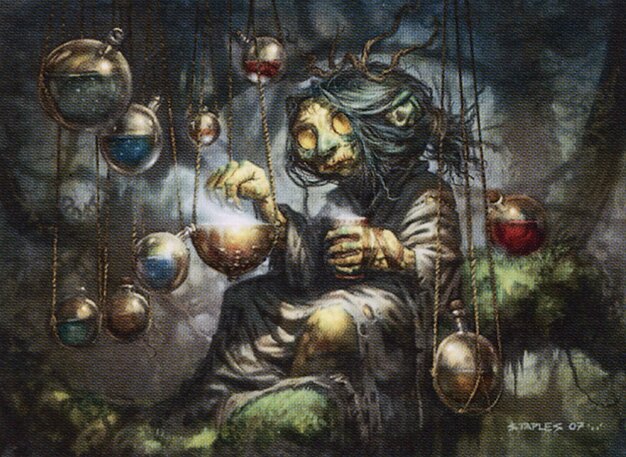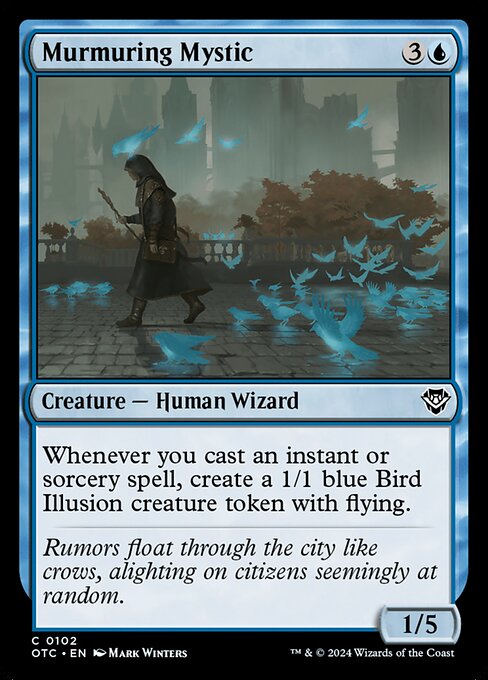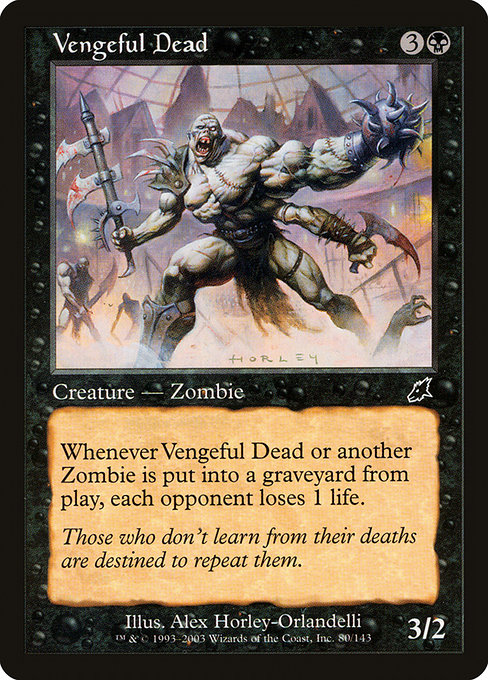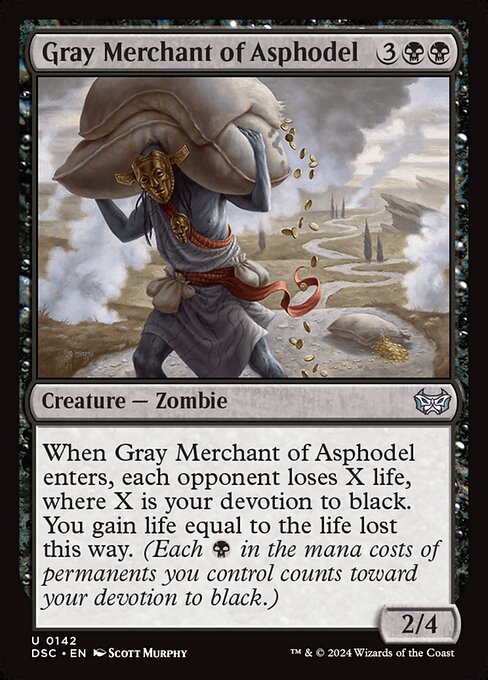Deck & Commander Strategies

Third Path Iconoclast
Generate artifact tokens whenever a known creature is played, leveraging synergy with Path of Ancestry to scry and maintain card advantage, aiming to overwhelm opponents with incremental token production.

Loyal Unicorn
Stall combat damage while generating life and vigilance to create a defensive board state, using combat phase prevention to protect creatures and outlast opponents in attrition-based gameplay.

Gray Merchant of Asphodel
Capitalize on life gain and drain effects typical of black devotion strategies, leveraging creatures that gain life when others die and zombies to drain opponents’ life totals.

Mistmeadow Witch
Utilize flicker effects and token generation to maintain board presence and disrupt opponents’ combat plans, often reusing enter-the-battlefield effects for incremental advantage.
Gameplay Insights
- 1
Using Stone Cemetery to skip an opponent's combat phase effectively slowed down aggressive decks, showcasing the power of tempo disruption in Pauper Commander.
- 2
The Loyal Unicorn commander’s ability to prevent all combat damage to creatures and grant vigilance stymied attackers and forced opponents to reconsider combat strategies.
- 3
Token generators combined with card draw spells allowed for sustained board presence and incremental advantage, turning each instant and sorcery into additional creatures on the battlefield.
- 4
Counterspells like Syncopate were crucial in punishing early aggression and protecting key board states, emphasizing the importance of interaction in a format with low-cost spells.
- 5
Political decisions around attacking and holding back creatures influenced the flow of the game, as players balanced aggression with the risk of becoming the primary target.
Notable Cards
-

Murmuring Mystic
-

Vengeful Dead
-

Loyal Unicorn
-

Syncopate
-

Path of Ancestry
-

Wayfarer's Bauble
Gameplay Summary
The game of Pauper Commander began with players ramping mana and developing their board states using commons and uncommons, including token generators and aggressive creatures.
Early board presence was established by a mix of life gain creatures and aggressive attackers like Dothy Slayer, which attacked every turn if able.
Andrea leveraged token generation and card draw spells to build a strong board presence, while another player used a creature that generated tokens whenever instants or sorceries were cast, creating a snowballing advantage.
Midgame saw political tension as players debated attacking decisions and counterspells were used to punish aggressive plays, such as Syncopate countering token creation. A major turning point occurred when one player used Stone Cemetery to skip an opponent’s combat phase, effectively slowing down aggressive attackers and shifting tempo.
The Loyal Unicorn commander was then played, providing vigilance and preventing all combat damage to creatures, further stalling combat and changing the board dynamics.
Throughout, the game featured strategic interactions around life gain synergies, token production, and combat denial.
The gameplay emphasized controlling the board through incremental advantages rather than explosive combos, with a political edge as players carefully chose when to attack or hold back to avoid becoming targets.














